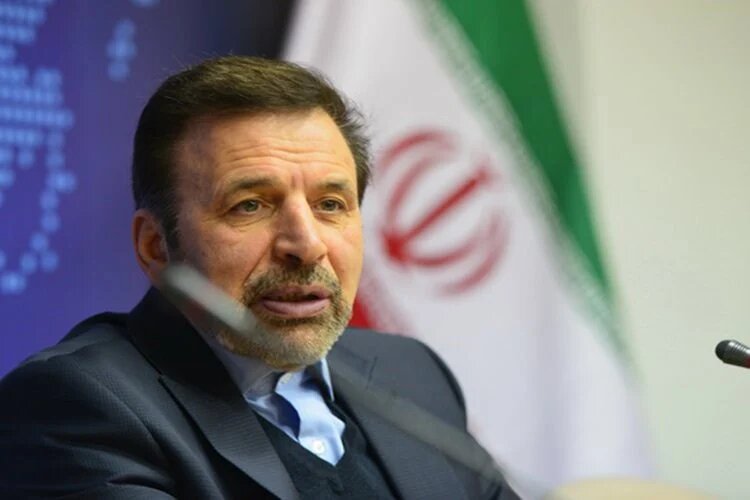TEHRAN - Presidential chief of staff Mahmoud Vaezi said on Tuesday that the Persian Gulf Cooperation Council should not obey the United States whose presence in the region has brought nothing except instability.
“Protecting security and interests of the regional nations depends on trust building and intra-regional cooperation. The Persian Gulf Cooperation Council should not obey the United States whose illegitimate presence in the region has had nothing but insecurity and instability,” Vaezi wrote in a tweet.
He added, “Recent action by this council causes distrust and will be harmful to itself.”
In a letter to the Security Council sent Saturday and obtained by Bloomberg News, the PGCC called on the Security Council to extend the embargo and “further impose any additional measures necessary to prevent the destabilizing proliferation of Iranian weapons, such as a targeted asset freeze and travel ban on individuals involved in the supply, sale or transfer of arms or related materiel to or from Iran.”
Sunday’s letter is the first significant joint statement released by the group since the rift, said a person familiar with the matter.
The statement is completely in line with the relentless campaign launched by the Trump administration to extend arms embargo against Iran in violation of UN Security Council Resolution 2231 which endorses the 2015 nuclear deal, officially called the Joint Comprehensive Plan of Action (JCPOA).
Late on Sunday, Iranian Foreign Ministry spokesman Abbas Mousavi denounced the PGCC’s move as “irresponsible” and said the council has turned “into a mouthpiece for anti-Iran elements”.
“Unfortunately, it seems that the so-called Persian Gulf Cooperation Council has turned into a spokesperson for some narrow-minded people both inside the council and outside the region and that the council’s secretariat, swayed by the wrong and destructive policies and behavior of certain member states, has turned into a mouthpiece for anti-Iran elements,” the spokesman said, according to the Foreign Ministry website.
The PGCC includes the six Arab countries of Saudi Arabia, the UAE, Bahrain, Oman, Qatar, and Bahrain that lie on the southern shores of the Persian Gulf.
Analysts and politicians are unanimous in their views that the PGCC is under the influence of Saudi Arabia. In fact, Saudi Arabia bullies small countries in the council to give in to its demands.
Under Resolution 2231, arms embargo against Iran expires in October.
Under Resolution 2231, arms embargo against Iran expires in October.
The UN council plans to vote on the U.S. draft resolution for extending arms embargo this week.
International affairs expert Sabah Zanganeh has said that the world’s arms industry will not heed the PGCC’s call for extending arms embargo on Iran.
In an interview with IRNA published on Monday, Zanganeh said that the attempt is just propaganda and will not affect Russia and China’s approach.
Zanganeh, a former Iran’s representative at the Organization of the Islamic Cooperation (OIC), also said, “The Arab countries in the Persian Gulf region have economic interaction with China and Russia, and Saudi Arabia has close ties with Russia in oil industry, however, these countries are rivals in arms race.”
“When arms embargo on Iran expires, China and Russia are willing to have a market in Iran and the region. So, they will not listen to position adopted by secretary general of the Persian Gulf Cooperation Council,” he noted.
He added, “In a situation in which the United States seeks to own all the world’s arms industry, China and Russia will not lose the market because it is profitable.”
Zanganeh also said that the PGCC member states seek to continue tension with Iran.
They should know that these methods will not have positive effect on the region, he noted.
TAGS


No comments:
Post a Comment